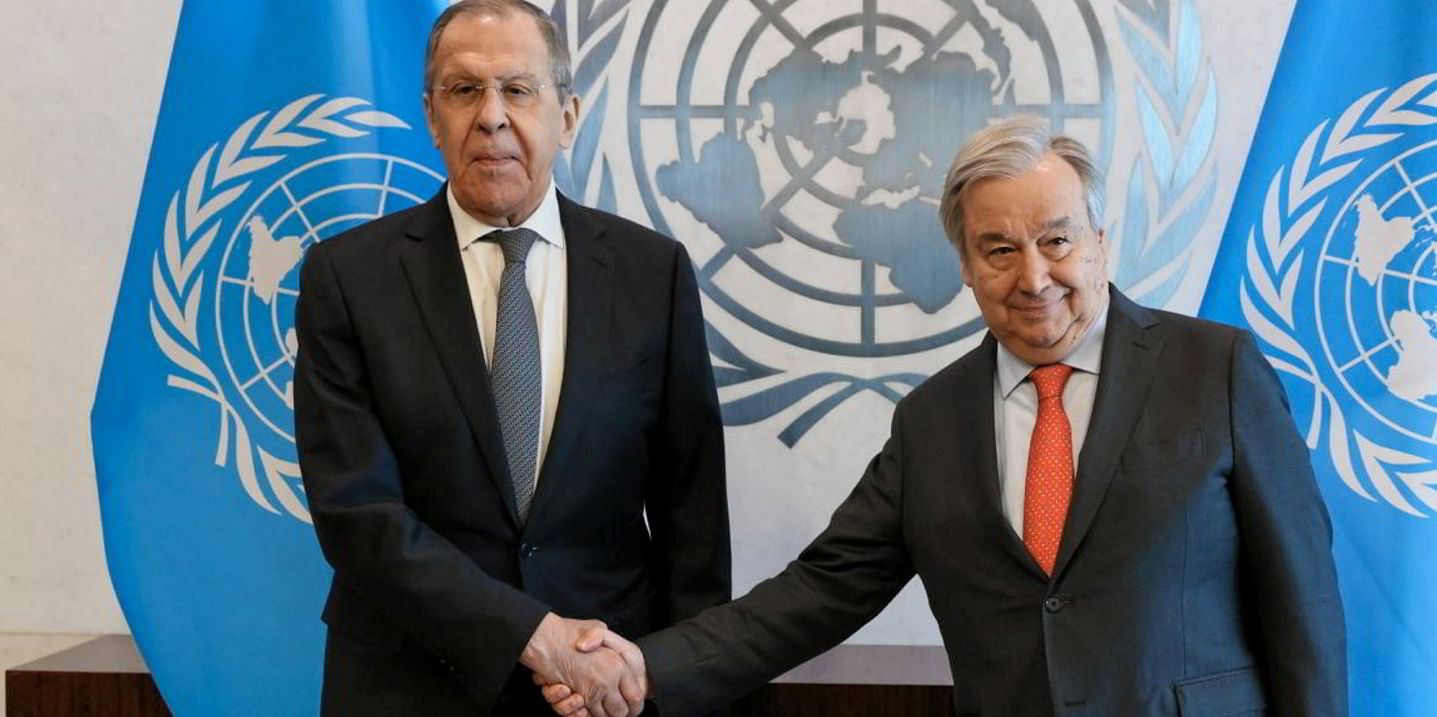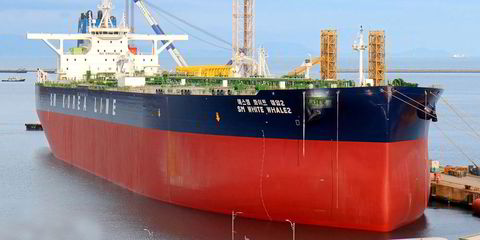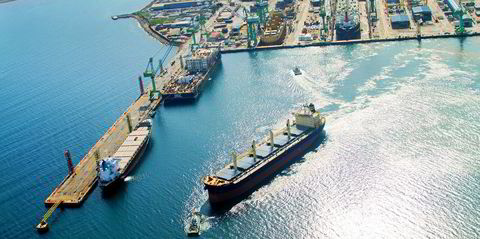The Wagner Group’s aborted coup over the weekend has injected huge uncertainty into Russian oil trades.
Mercenaries from the Yevgeny Prigozhin-led private army that has been fighting in Ukraine marched towards Moscow before abruptly turning back, but Fearnley Securities said the political situation is unlikely to revert to normal soon, creating doubts over oil production and exports.
“Should all Russian volumes lapse, they could be supplied by other areas, though it would be a large negative for tankers in terms of tonne-miles,” analyst Oystein Vaagen said.
Rising tonne-mile demand has helped boost tanker rates since Russia invaded Ukraine in February 2022, as many traders shunned Russian oil and many Western countries banned it.
The shifting trading patterns were another positive factor touted by market observers promising a multi-year upcycle, alongside a small orderbook and rising oil demand.
Vaagen said the long-term outlook still holds, but publicly traded tanker owners could see a drop in prices in the near term, and tanker equities under his coverage are still trading at a discount to net asset value.
“As we have seen over recent months, demand side uncertainties have pressured equities,” he said.
“The recent Saudi cuts will pressure rates this summer and the weekend’s news adds potential pressure on the equities over the short term, we believe.”
Crude tanker owners listed in Europe were trading lower early on Monday.
Okeanis Eco Tankers’ Oslo-listed shares dipped NOK 10.50 ($0.97) from the previous close to NOK 228.
Frontline shares, also on the Oslo Stock Exchange, slipped NOK 7.52 from the previous close to NOK 148.68.
In Brussels, Euronav shares slid €0.17 to €14.13.
Oil was also trading lower on Monday, with Brent crude sliding $0.34 to $73.51 per barrel, according to Oilprice.com.
Russian ESPO fell $3.27 to $63.93 per barrel, while Sokol crude dropped $3.10 to $64.75 per barrel.
Rystad Energy senior vice president Jorge Leon said oil prices rise an average of 8% following geopolitical triggers, such as the civil war in Libya that broke out in 2011 or the 2019 drone attack on Saudi Arabian oil refining facilities.
He does not expect a big rally in oil prices, as the situation appears to have cooled.
“We do believe that the geopolitical risk amid internal instability in Russia has increased,” Leon said.
A column of Wagner troops crossed from Ukraine into southern Russia on Saturday, taking military facilities in Rostov-on-Don and Voronezh and shooting down Russian military aircraft before continuing towards Moscow.
The mercenaries were within 200 km of Moscow when the insurrection ended abruptly after Prigozhin agreed to move, along with Wagner, to Belarus in exchange for having criminal charges against him dropped.
Many observers have described the incident as a huge embarrassment for Russian President Vladimir Putin that exposed a fragile political situation domestically.






